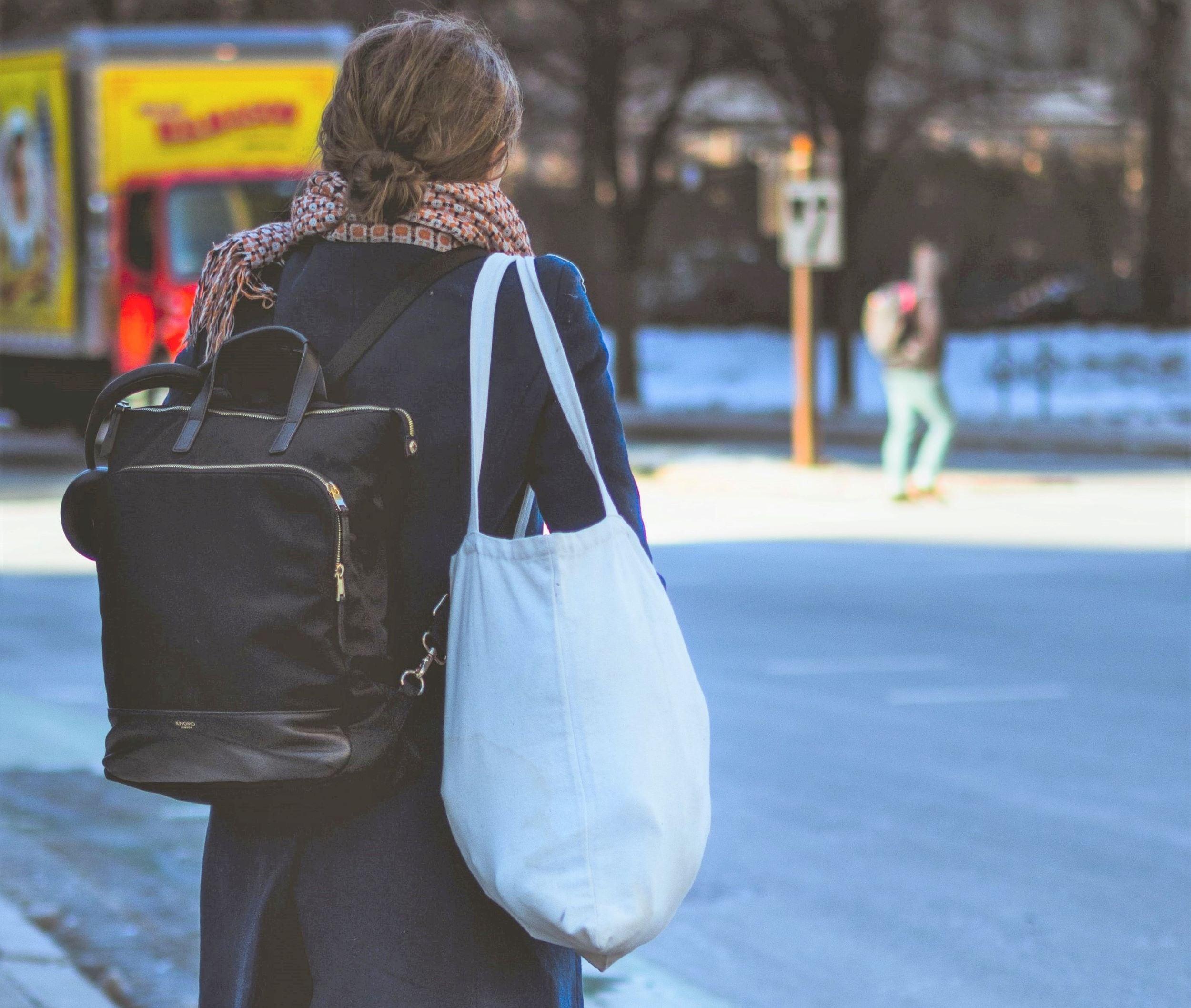Editorial: Time to go back to reusable bags, please – with precautions
On June 22, 2020, over 100 health experts from around the world issued a statement about the relative safety of reusables compared with single-use plastics, cups, and so on, with regard to transmitting COVID-19.
Their statement can be found here; in it, they state,
“Based on the best available science and guidance from public health professionals, it is clear that reusable systems can be used safely by employing basic hygiene. Below are the key facts to keep in mind.
“Available Evidence Indicates that the Virus Spreads Primarily from Inhaling Aerosolized Droplets, Rather than through Contact with Surfaces.
“According to the US Centers for Disease Control and Preventions (CDC), “The virus is thought to spread mainly from person-to-person…between people who are in close contact with one another, through respiratory droplets produced when an infected person coughs, sneezes or talks.”
“While ‘it may be possible that a person can get COVID-19 by touching a surface or object that has the virus on it and then touching their own mouth, nose, or possibly their eyes,’ aerosolized droplets are the only documented method of COVID-19 transmission to date.”
The statement points out that, in grocery-store settings, employee safety can be maintained by having customers carry their own reusable bags, leave them in their cart or basket, and load their groceries into them without the employees having to touch the bags. To my mind, this should pose no more of a hazard to employees than customers wearing their own clothing into the store, without having to don a haz-mat suit before entering.
(Let’s not even consider taking our clothing off to go into stores. Umm … no. Just imagine all those heaps of clothing outside the store, blowing around in the wind . . . and don’t bother imagining anything else, please . . . )
Of course, customers should wear masks in the store – during this pandemic, that’s not only an effective safety measure, but also basic consideration for the lives, well-being and peace of mind of others. The Mayo Clinic has a page explaining that, yes, wearing simple washable cloth face masks – along with social distancing and frequent and proper hand-washing – does reduce the spread of the virus.
Rather than prohibiting customers from bringing and loading their own re-usable shopping bags, stores would more effectively protect their employees and customers if they required customers to wear masks in the store.
But isn’t the pandemic pretty much over? — some may ask. Can ‘t we relax, stop, give up on the masks and social distancing and hand-washing? NO. It’s not over. And how many more people get sick and perhaps die depends on all of us.
Some epidemiologists tell us that we can expect a “second wave” and perhaps a third wave as well, based on the pattern of previous pandemics. Others say that BC may not have to endure a second or third wave – as long as enough people continue to take effective preventive measures. UBC epidemiologist Daniel Coombs, quoted in the Vancouver Sun, said “I don’t see the big second wave as inevitable.”
In the United States, over 123,000 people have died from COVID-19 so far, and the deaths continue – though the rate of deaths seems to be declining somewhat since its height in April. A recent article on NBC quotes another epidemiologist, Dr. David Weber of the University of North Carolina, as saying “We never made it out of the first wave.” The article concludes with the same message as UBC’s Dr. Coombs: if we don’t wear masks, and if we stop social distancing and hand-washing, we’re going to see more cases, more sickness, more deaths.
New COVID-19 infections are still happening in most places. And, though many infected people may have truly mild symptoms and not experience any long-term problems, others of all ages do become very ill and suffer long-term physical damage and suffer economic consequences. If you’ve had COVID-19 and experienced only very mild symptoms, good for you – you were fortunate. But don’t assume that means it isn’t a serious threat to others. This illness is not one to take lightly; we must all take the most effective measures to prevent its spread. And keep on taking them.
Based on the report mentioned above, prohibiting people from bringing their own re-usable bags into grocery stores is not an effective measure – those cloth bags are no more of a threat than people’s clothing. So please, merchants, let us bring our own cloth bags again. We promise to wash them (and our clothes!)
And please, everyone, respect social distancing and wear masks in stores and wherever else we can’t stay at least six feet apart. This isn’t over yet.
























